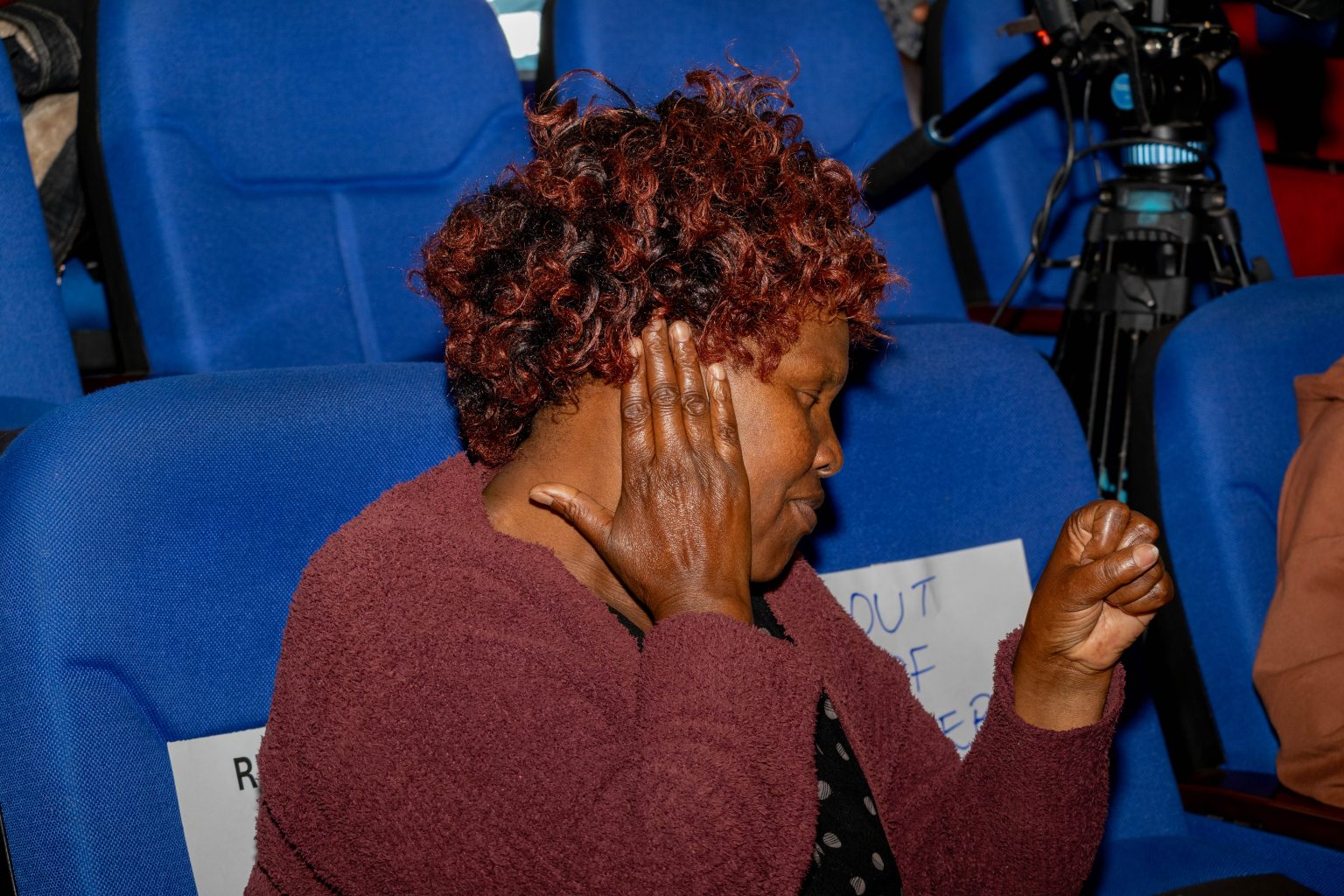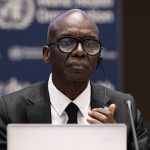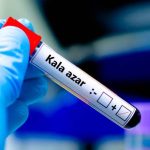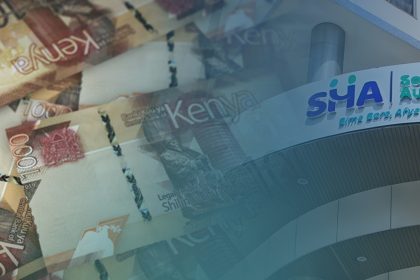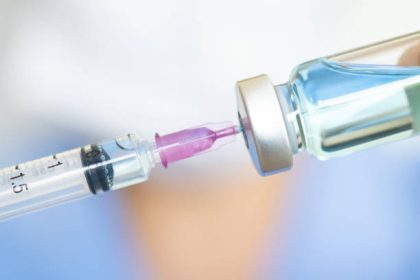Eldoret Town Hall Exposes gaping need for sign language interpreters, ramps for wheelchairs in hospitals and audiology tests for People Living With Disabilities.
For the Social Health Authority (SHA) to succeed, it must serve everyone, including vulnerable groups like the hearing impaired, was the key message at the Willow Lifeline Dialogues Town Hall in Eldoret on May 15.
Known as the “City of Champions” for its world-class athletes, Eldoret’s speed on the track hasn’t yet translated into fast SHA adoption.
SHA, which replaced the National Health Insurance Fund (NHIF) in October 2024, has enrolled only 412, 406 out of over 1.1 million Uasin Gishu residents.
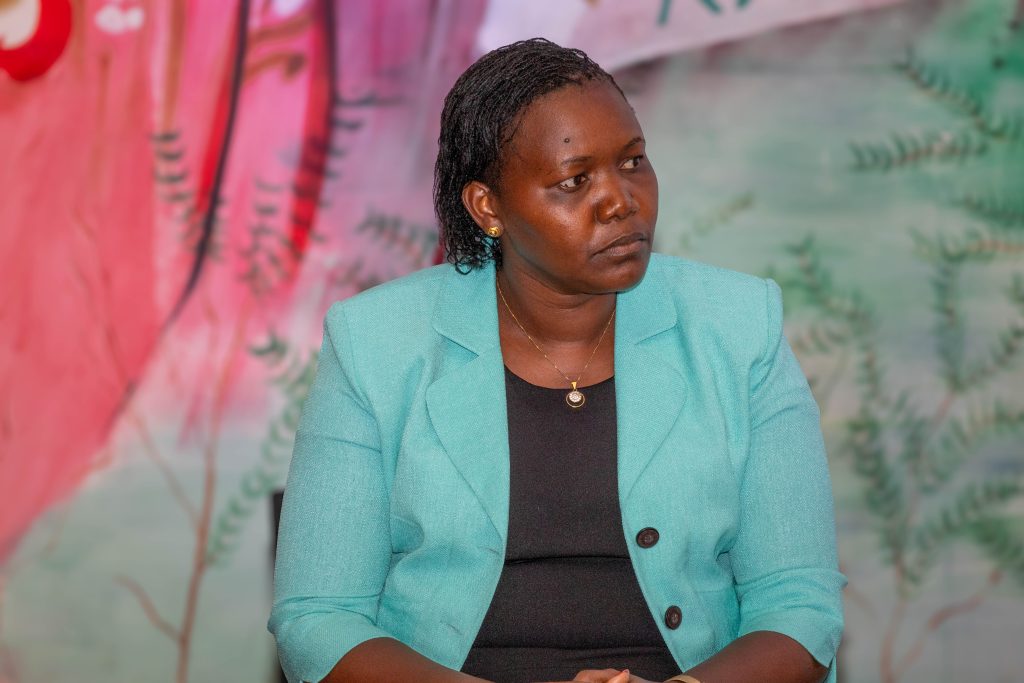
“This means we are at 35 per cent in Uasin Gishu and 27 per cent in North Rift. We have enrolled 1.4 million out of five million people in Uasin Gishu, Nandi, Samburu, West Pokot, Turkana, Nandi and Elgeyo Marakwet counties,” Valentine Morogo, SHA Director in the North Rift told a packed Willow Town Hall forum.
Coincidentally, Just days after President William Ruto signed the Persons with Disability Act, 2025—which calls for equal healthcare for people with disabilities—the hearing-impaired community in the North Rift raised concerns about being excluded by SHA.
Rosemary Saina, their representative, decried how “most deaf people don’t understand SHA We haven’t seen anyone from SHA enlighten us about SHA and how to register.”
CHPs asked for written communication, yet some deaf Kenyans are illiterate
Saina added that even Community Health Promoters (CHPs)- the SHA registration champions in the grassroots – had no training in sign language, and “That’s a huge gap” for which she suggested “a deaf person be part of CHPs” or a trainer of trainers be recruited.
Saina recalled how CHPs asked for written communication during sensitisation and enrolment oblivious that some were not literate.
Saina reiterated the need for sign language training for CHPs as “We need to know more about SHA and illness and we can only achieve this through proper communication.”
Saina also called out medics in public facilities for poorly treating them, compromising the seeking of healthcare services.
“Many doctors in the public hospitals have a negative attitude towards the deaf community. They don’t serve us well and only tell us to pay when we are already SHA members. Others send us back home to bring friends, family or sign language interpreters before they could attend to us. So how can we say SHA is working for us?” posed Saina.
Martin Kamau echoed Saina’s sentiments, lamenting how “the SHA website has no videos with sign language interpreter to explain to us what SHA is.”
Kamau added: “We also have limited job opportunities and are unable to raise money for contributions. We register but can’t pay for SHA and are unable to get treatment like other Kenyans.”
Marlon Kipchumba requested that SHA factor in audiology tests, a mandatory requirement for them to be issued with PWD cards.
There is need to ensure privacy, confidentiality of medical data for Persons With Disabilities
Morogo said SHA hasn’t done enough for PWDs as “We have few staff that can communicate in sign language and it’s an area to improve on” besides ensuring they have videos with sign-language interpreters.
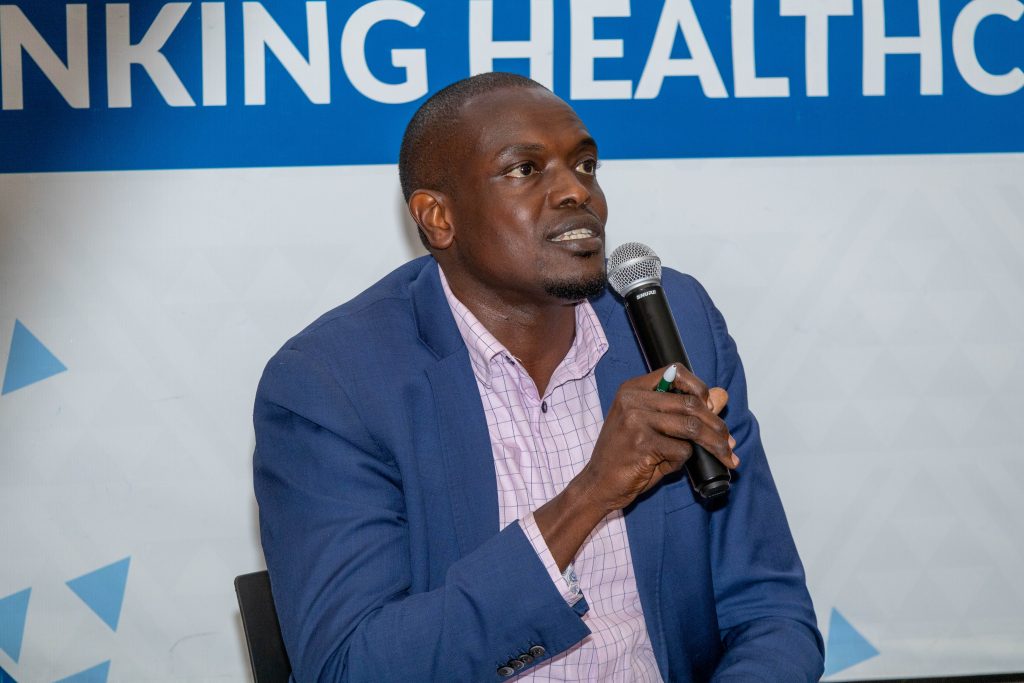
Dr Reuben Korir, the Medical Superintendent at Mama Rachael Ruto Maternity Hospital agreed with Saina that PWDs have often been overlooked in healthcare services, but there was need to ensure privacy and confidentiality of medical data in public facilities.
“Besides the deaf, access to medical premises remains a challenge for individual with physical disability as some don’t have ramps for wheelchairs,” said Korir, adding that the facility now has weekly audio-verbal tests for timely diagnosis and support.
Sharon Sang, CEO and Founder of Rapha Hospitals and Clinics, admitted most healthcare staff need training on how to handle the deaf and blind as “Most of our facilities don’t have braille’s and sign language interpreters. I take it as a personal challenge to ensure we hire a sign language interpreter to safeguard patient-doctor confidentiality as we serve these communities.”
The 18-year-old student delivered through C-Section (CS), but SHA could not cover two mothers
While SHA has enabled free healthcare for some Kenyans, many face unaffordable premiums as is the case of some Kenyans paying KSh500-1,030 instead of the promised KSh300, causing enrollment challenges and calls for fairer pricing and better public awareness, according to Stephen Koech, the chairperson of CHPs in Uasin Gishu.
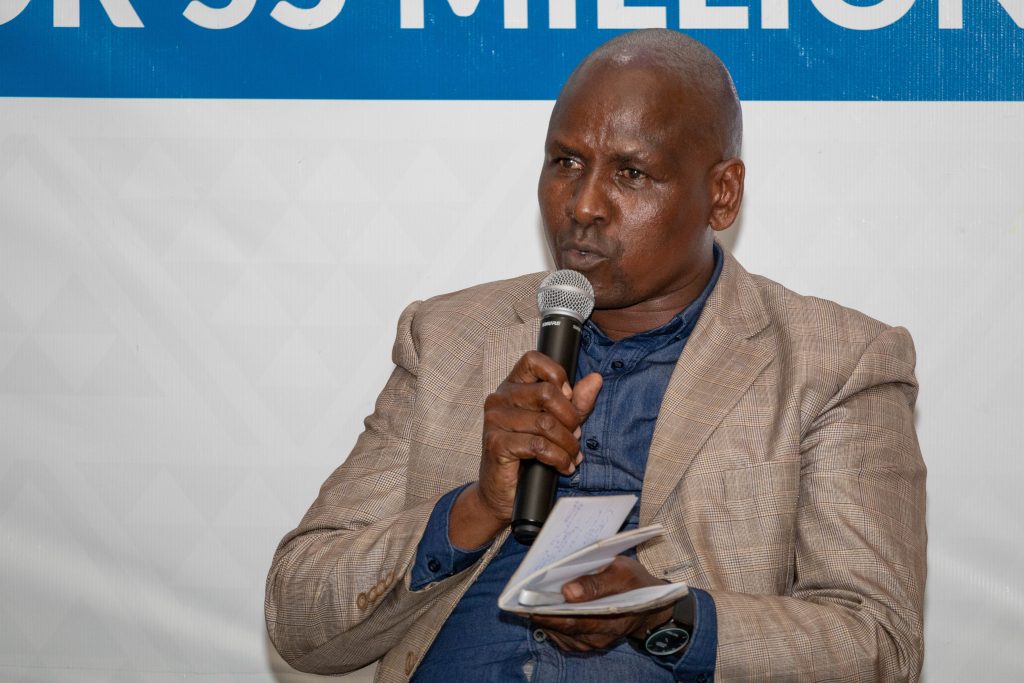
Titus Kiplimo, a facility linkage officer in Turbo echoed Koech’s sentiments saying residents accused them of “telling” the system to allocate them high premiums which they cannot afford, meaning there was a need for fairer assessments and more education on SHA.
Tom Olang’o, a CHP in Langas, Uasin Gishu County, struggled to get SHA coverage for an 18-year-old mother registered as her parent’s dependent. SHA rules allow dependents under 24 in school to be covered this way.
The 18-year-old student delivered through C-Section (CS) at Mama Rachael Hospital, but “SHA could not cover two mothers,” Olang’o narrated.
The hospital’s superintendent acknowledged the challenge butclarified that teenage mothers could be registered separately from their guardians and get covered, something the system overlooked, assuming every mother was old enough to pay their premiums or register independently.
Morogo urged private facilities to benchmark how to handle such cases from public facilities, as “the SHA system has been updated to register underage mothers. We use their birth certificates to register as independent contributors. They get a CR a CR number which covers them and their babies without paying premiums.”
Francis Ocholla questioned SHA’s fairness, noting a wife might be required to pay KSh700 while her husband gets charged KSh1,500 for the same coverage. “How does SHA set these inconsistent rates?” he asked.
Spouses could use same household cover instead of applying for SHA separately
CHP Betty Rono found SHA charges vulnerable groups KSh800–1,030, while Bonaventure Machuka slammed SHA for its unclear means-testing, urging Willow Health to push for change.
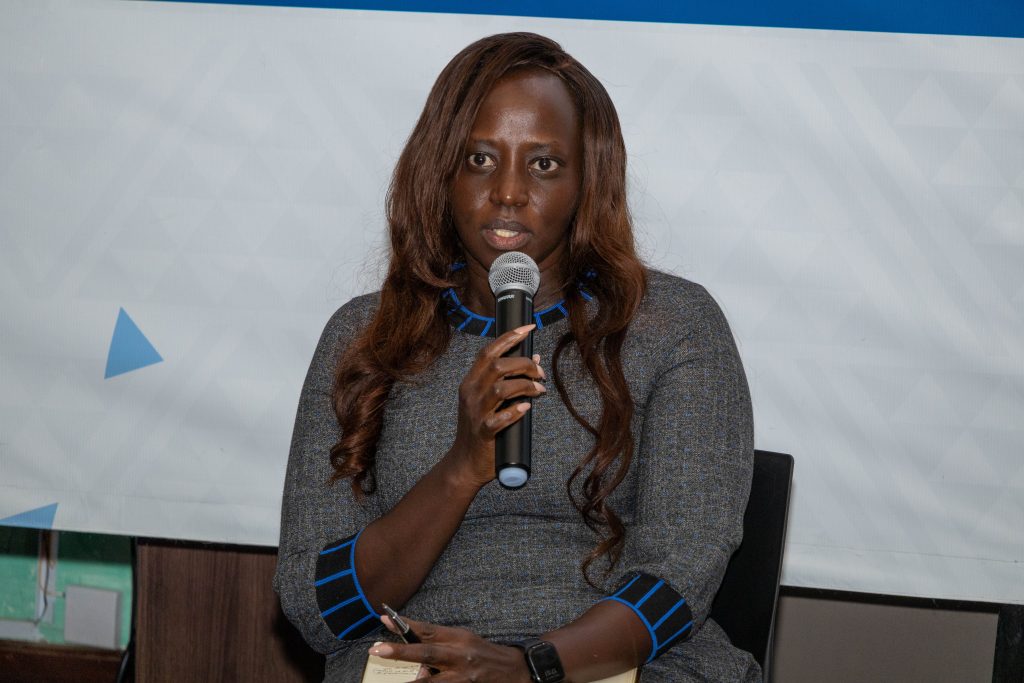
Healthcare leaders disagreed on SHA’s financial sustainability, with Sang advocating for premium increases up to eight per cent to cover rehabilitative services while Korir warned this would make SHA unaffordable for many.
Morogo noted that the widespread public expectation of KSh300 premiums creates dissatisfaction when SHA’s AI means-testing calculates higher amounts. The debate highlights the tension between expanding services and maintaining accessibility in Kenya’s healthcare reform but Morogo clarified that “The system gives a chance to appeal when a needy person gets a KSh1,000 or KSh1200 premium result.”
She explained that “AI independently computes premiums based on lots of background information about individuals that’s why you could be living in the same house and get different results based on data from phone numbers,” but spouses could use the same household cover.
Koech urged SHA to support CHPs better and thus boost enrollment in Uasin Gishu which stood at a low 35 per cent.



